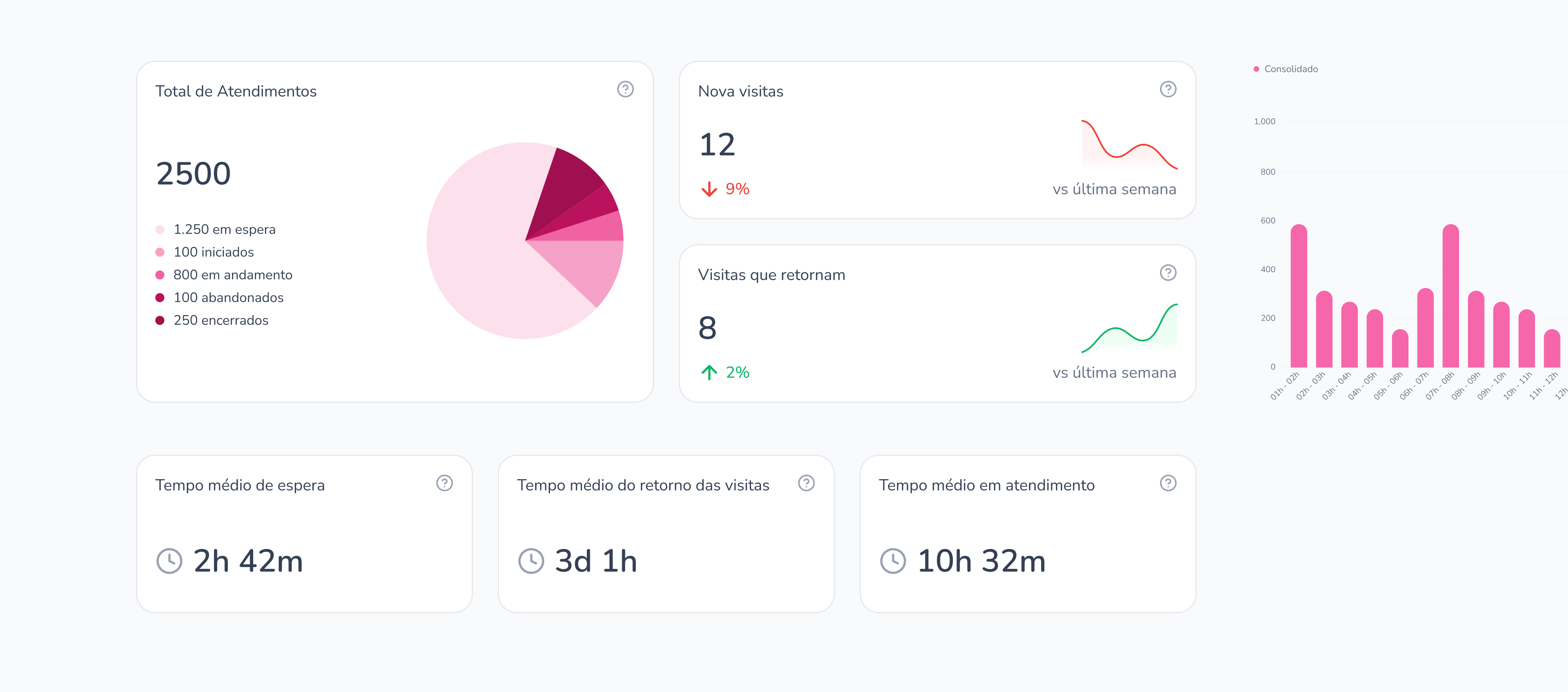Why won't artificial intelligence revolt against humanity?

Over the past few decades, the evolution of artificial intelligence (AI) has been one of the most significant technological marvels of our time. This evolution has aroused both fear and enthusiasm, with the scenarios of science fiction movies raising fears of a robotic uprising. However, a close look at the fundamentals of AI allows us to argue why these models, however advanced they become, will not revolt against humanity.
First, it's crucial to understand that, however sophisticated an AI may become, it has no innate objectives. Humans, through the evolutionary process, have developed desires and ambitions that guide their actions. AI, however, does not share this characteristic. It is programmed to simulate specific objectives, but it has no intrinsic objective. Its functionality is entirely determined by human orientation and the tasks for which it was programmed.
For example, an AI algorithm may be tasked with developing a strategy to achieve a specific objective, such as executing a project or sending emails. But without human direction to define the objective and tasks, AI doesn't take any initiative of its own.
This distinction is crucial because it debunks the fear that AI may someday develop autonomous desires and objectives. AI is no more capable of revolting against humans than a calculator has of solving equations without human input.
So there's no threat in sight?
Just because we don't have to worry about an AI uprising doesn't mean we shouldn't be vigilant. Its ability to process and analyze large volumes of data, make standards-based decisions, and learn from experience, makes it powerful. When these capabilities are directed for malicious purposes, AaI has the potential to cause significant harm to individuals and to society, for example:
1. Deepfakes: AI can be used to create deepfakes — digitally manipulated videos or images that look incredibly real. This can be used to defame people, spread misinformation, or even carry out fraud.
2. Invasive surveillance: AI can be used to create sophisticated surveillance systems that can violate people's privacy. For example, facial recognition can be used to track individuals without their consent and natural language models can be used to process the online content of thousands of individuals within a few minutes.
3. Manipulation of public opinion: Through the use of AI algorithms, it is possible to personalize and escalate the dissemination of false or manipulative information. This can be used to influence public opinion and interfere with democratic processes, such as elections.
4. Algorithmic discrimination: Without proper care, AI can perpetuate and even amplify existing prejudices in society. This can lead to discrimination in access to services, employment opportunities, and justice.
5. Cyber security attacks: AI can be used to carry out more sophisticated cyberattacks, capable of adapting to and learning from defense measures.
6. Irresponsible automation: The unregulated use of AI can lead to the automation of jobs on a massive scale without adequate relocation or requalification plans for affected workers.
7. Autonomous weapons: There is concern that AI could be used to develop autonomous weapons capable of making life-or-death decisions without human intervention.
In short, the notion that AI can revolt against humanity is based on misunderstanding about the fundamental nature of AI. Although the risks pointed out underscore the need for careful and ethical regulation of AI, as well as continuous efforts to educate the public about the responsible use of this technology.
Become a Pink Partner
Provide your customers with a secure and comprehensive communication solution for various uses: sales, support, team communication, and compliance.


